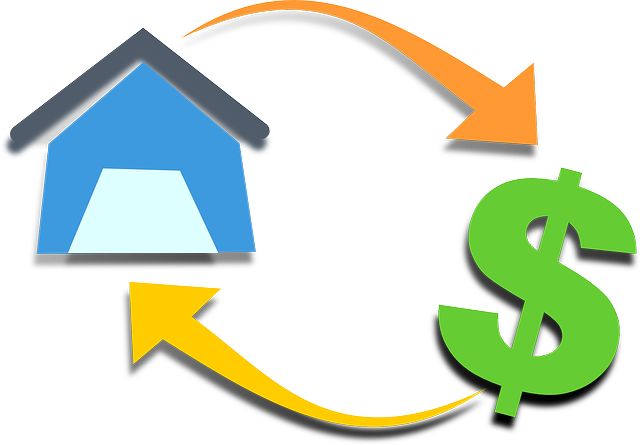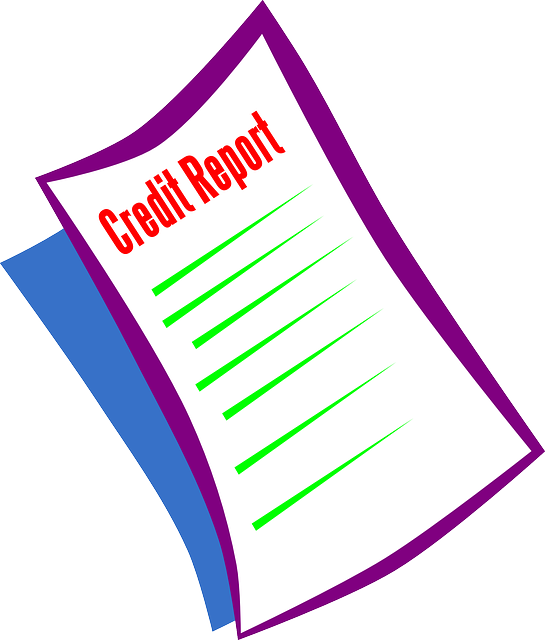
The last five years has once again shown that rising house prices make buying the right house a good investment. However, that can’t be said for all buyers.
With the wrong mortgage, even the right house can turn into a financial disaster for a buyer.
The rules surrounding being approved for a mortgage can be frustrating for some, but they are in place to actually protect you from heading into something that is not right for you.

Simply put, finding a mortgage while having a poor credit rating isn’t totally impossible, but what becomes possible isn’t always good for you. You need to ensure you are getting into a manageable mortgage or your dream of getting a house can quickly become a long term nightmare.
Among other things considered in approving a mortgage, the lender checks credit scores. To qualify for the best interest rate, you typically need good credit and good credit scores. Most established mortgage lenders do not offer loans to people with bad credit, but some lenders might lend to borrowers with lower credit scores.

For a buyer recognized as having a low credit score the mortgage funds, if secured, will normally come with a higher interest rate than the average posted rates from leading lenders. The reason for the higher rate is understandable. The lender sees the borrower as a higher risk. The source of funds for lower credit score buyers can sometimes be found through private lenders who are willing to take a chance on someone with a lower credit score, but the private lender will want a higher return in doing so.
In Canada, credit scores range from 300 (just getting started) up to 900 points, which is the best score. 650 is the magic middle number – a score above 650 will likely qualify you for a standard loan while a score under 650 will make things difficult.
Whether you have a good credit score or a low credit score it is advisable to shop around for the best mortgage rate and mortgage terms. You need to know in advance of agreeing to a mortgage of any possible hidden costs in the event you ever need to be relieved of the mortgage commitment down the road.
As an example, there might be a penalty if you were to sell your home prior to the expiry date of the terms of the mortgage you agreed to. You also need to ask if your mortgage would be portable to another home purchase and if there is any cost in doing so.
There can be large financial penalties with some mortgages when you go to sell and you have not reached the full term of your current mortgage.
Higher interest rates can mean higher mortgage payments and a can also mean a longer time to pay down the mortgage principal depending on your payment schedule which can be a huge added expense over the long haul.
Being approved for a loan can be a happy day for a potential buyer, but it doesn’t necessarily mean you should get over-excited until you do your homework about the terms for that approved mortgage.
Deal with a trusted lender who clearly outlines all the details of your mortgage. There are many banks, credit unions and mortgage brokers who can assist you in this area and I would be happy to provide you with several contacts.

Whatever you do, don’t stick your head in the sand to many of the realities that exist surrounding getting a mortgage from just anyone.
There is no cost or obligation for you to utilize any of my buyer services including details you should consider when getting a mortgage and how to go about it. I would be happy to answer some of your questions and put you in contact with a qualified mortgage consultant. Contact me if I can assist in any way.
